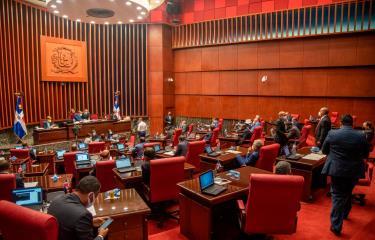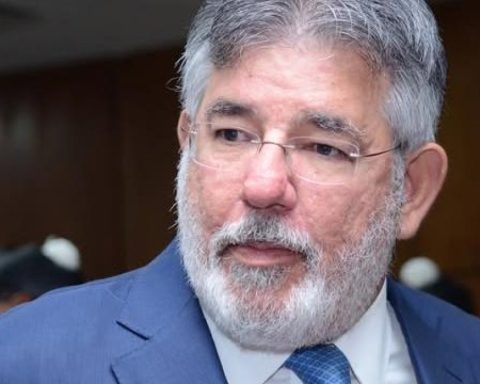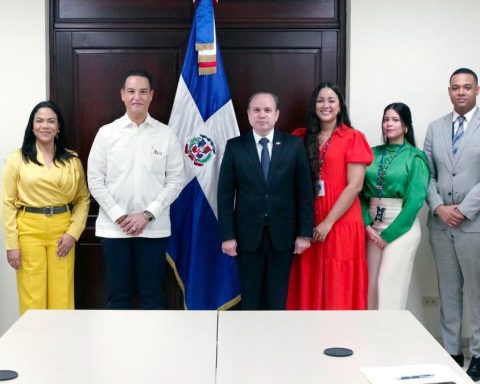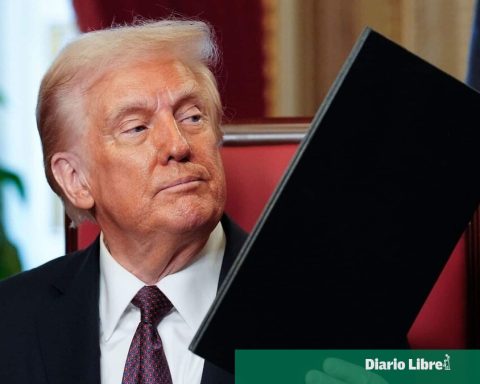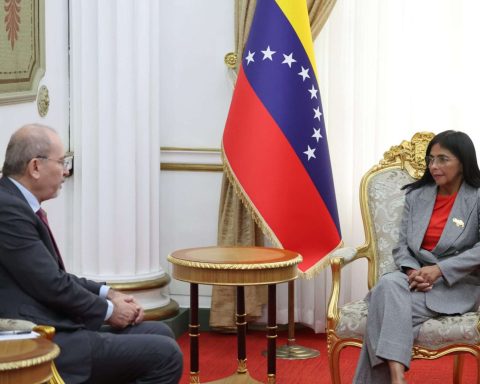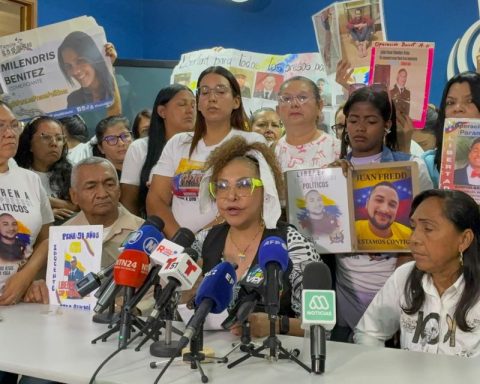Seven have been the projects that have been deposited in the Senate of the Republic with the objective of regulating the pardon in the Dominican Republic, it is present in the Constitution, but up to now it does not have a regulation that governs it.
In this sense, this past March 15, Senator Félix Bautista reintroduced the project his bill about pardonwhose purpose is to regulate this procedure that is granted by the President of the Republic.
According to what the project indicates, the pardon It could be granted to all nationals and foreigners who have a conviction by judicial decision.
By granting a pardonthe Executive Branch would be acting independently without interference from any power or State body and this would also imply that all pardons granted in form and content must be governed by what is expressly prescribed by the Constitution.
A National Council would be created
Within the bill, the creation of a National Council of Pardonswhich would be the advisory body of the Executive Power in the matter of pardons and that would be in charge of evaluating the requests for these graces presented in accordance with what the project indicates and will give the corresponding recommendations to the President of the Republic.
This Council would be attached to the Ministry of the Presidency.
If this project is approved, the functions of the Council of Pardon they would be to verify the applications presented so that they comply with the requirements established in the law, evaluate the substantial formal merits of the applications presented and make the corresponding recommendations to the president in this regard.
The organization chart of the National Council of Pardons would be made up of the Attorney General of the Republic, who would be the president; The president of the National Penitentiary Board or his representative, the General Prison Chaplain and two representatives of civil society who carry out educational, religious, cultural or sports activities in prisons would also be part of it.
“The work carried out by the members of the National Council of Pardons constitutes an unpaid honorary service governed by the principle of gratuity, for which reason they will be exempt from the collection of salaries, quotas or contributions, incentives and representation expenses”is established in the sole paragraph of article 7.
Article 128 of the Dominican Constitution establishes the powers of the President of the Republic and in literal j indicates that it is the power of the president to grant that pardon.
“Grant pardons on February 27, August 16, and December 23 of each year, in accordance with the law and international conventions,” establishes the Constitution in article 128, literal j.
According to what is established in the billthe National Pardons Commission would be meeting regularly three times a year three months prior to the dates on which the pardons are granted and may meet extraordinarily whenever they deem necessary.
The members of the commission must present before the National Congress in January of each year, a report on the pardons that were granted the previous year with detailed information on the people who received the pardon and the conditions of fulfillment of the grace that was granted.
The initiative establishes four types of pardons, which can be total, partial, pure and simple, and conditional.
-
The total pardon would be when it includes the entire penalty imposed by conviction, including the penalty of the fine.
-
The partial is when it is only granted with respect to one of the penalties imposed in the conviction.
-
The pure and simple is when when it is granted, no condition is established for it to be granted.
-
While the conditional pardon is when it is granted subject to conditions that are deemed appropriate.
It is also proposed that any kind of pardon It would take effect on the civil compensation that has been imposed in a conviction and when an order is granted. pardon conditional, it will correspond to the judge of execution of the sentence to verify that they are fulfilled.
Who could be pardoned?
“All national or foreign persons who are sentenced by a judicial decision that has acquired the authority of irrevocably judged matter and meet the requirements established in this law can be beneficiaries of the pardon.”establishes article 18 of the bill.
The requirements to be beneficiaries of the grace of the pardon establish have maintained good conduct within the penitentiary center, have shown evident signs of rehabilitation and have served at least one third of the sentence imposed.
The application to ask pardon They must contain the names and surnames of the applicant, the prison in which he is being held, a copy of the certification of the conviction, the certificate of conduct of the applicant that is issued by the General Directorate of Prisonswith details of any disciplinary measure applied, any transfer made and its justification, should also have the degree of rehabilitation according to the scale established in Law 224 that establishes the Penitentiary Regime.
Other requirements are a certification of calculation of the sentence issued by the Court of Execution of the Sentence of the corresponding Judicial Department, a medical, physical and mental certificate, certification of work carried out or instructions received within the prison and any other document that the applicant deems appropriate for his application.
The deadlines to submit applications must be made three months before February 27, August 16 and December 23.
The sole paragraph of article 23 on deadlines emphasizes that when it comes to humanitarian casesthe deadline for submitting an application for pardon It must be done at least one month in advance of the dates where these graces are granted.
The provisions of the project indicate that it will fall on the Executive branch to issue an application regulation.
The figure of pardon will not favor people who have been convicted of crimes of genocide, crimes against humanity, war, crime of aggression and people who have been repeat offenders in the same crime or in any other on which a sentence falls for judicial decision and pardon will not be granted to persons subjected to a process who have not yet been sentenced by judicial decision.
